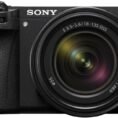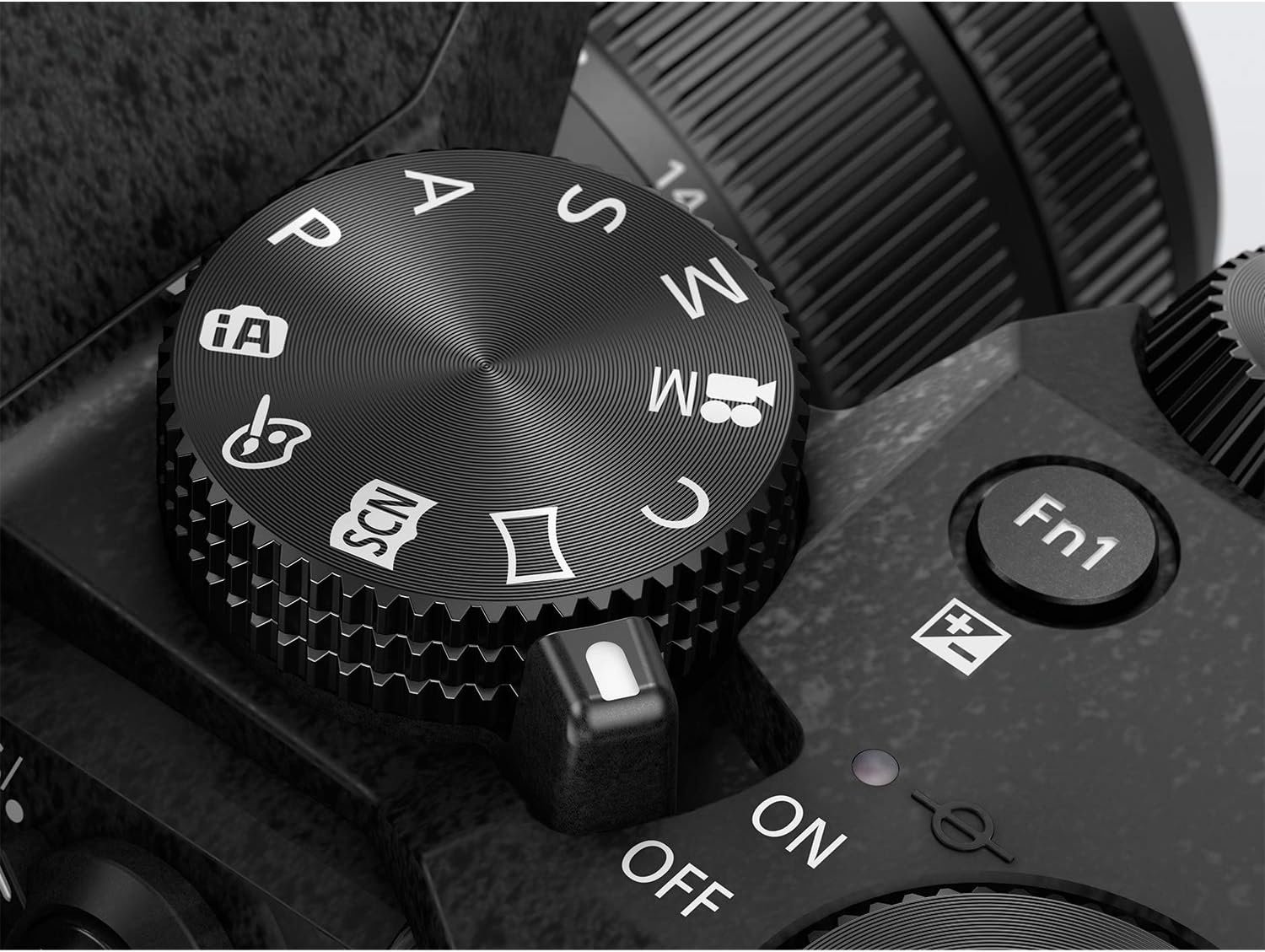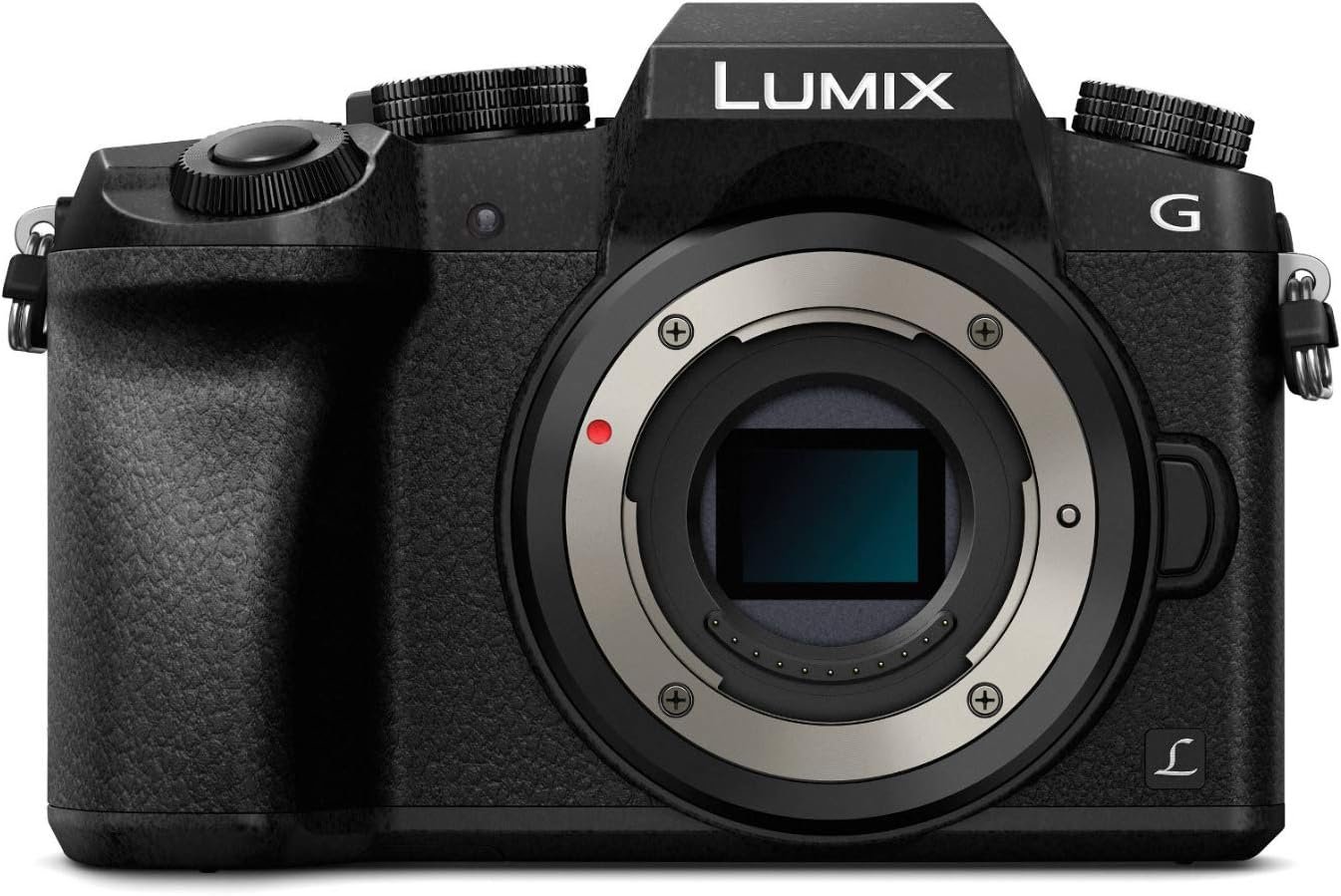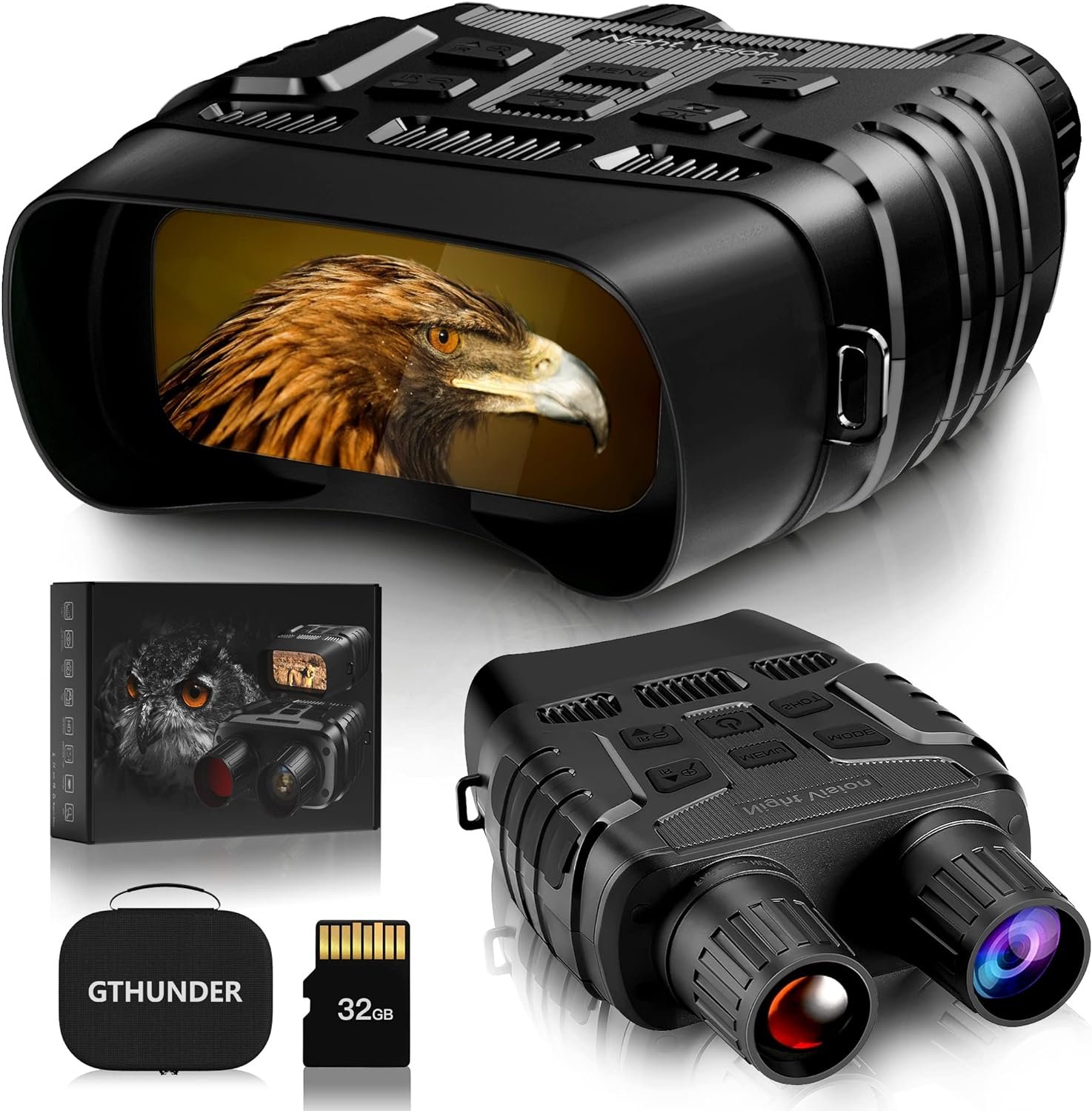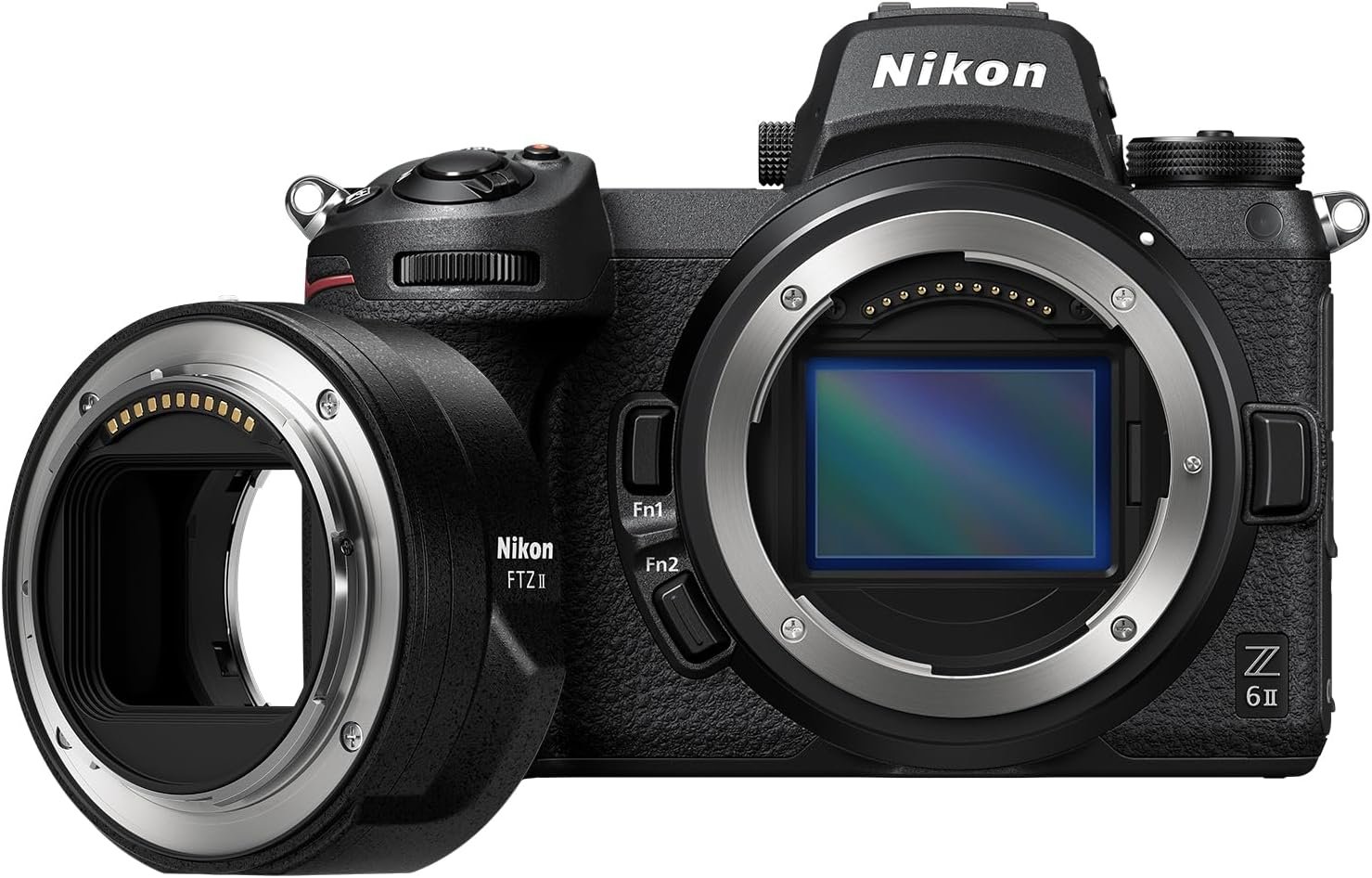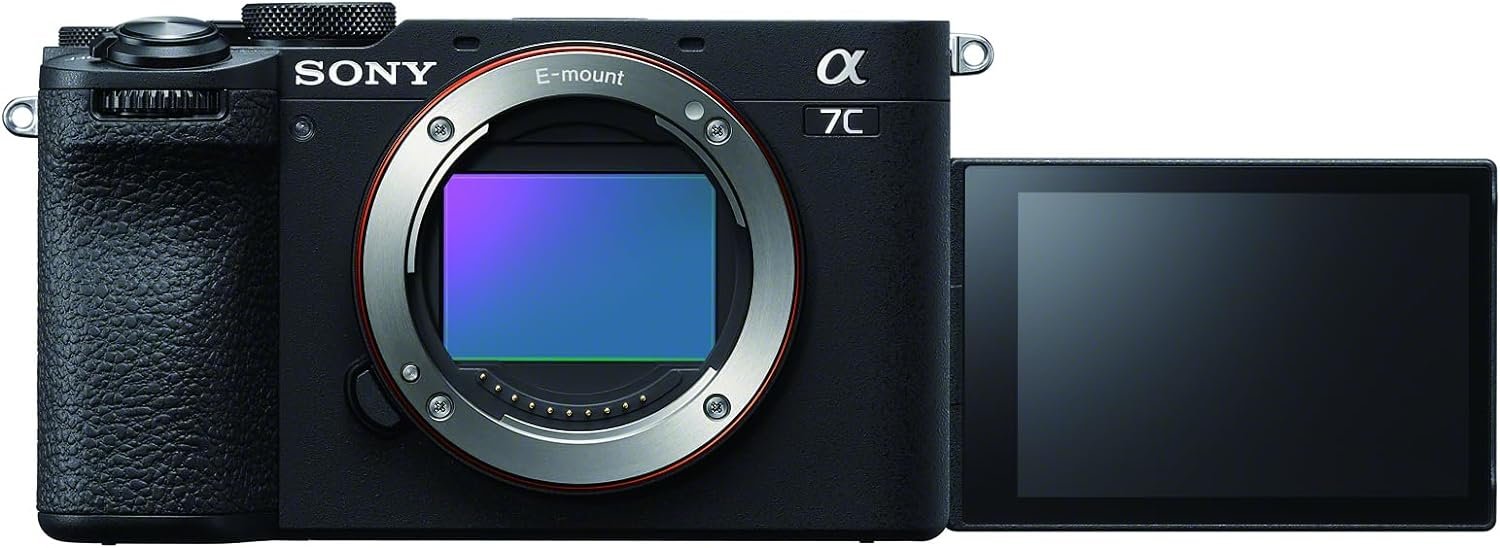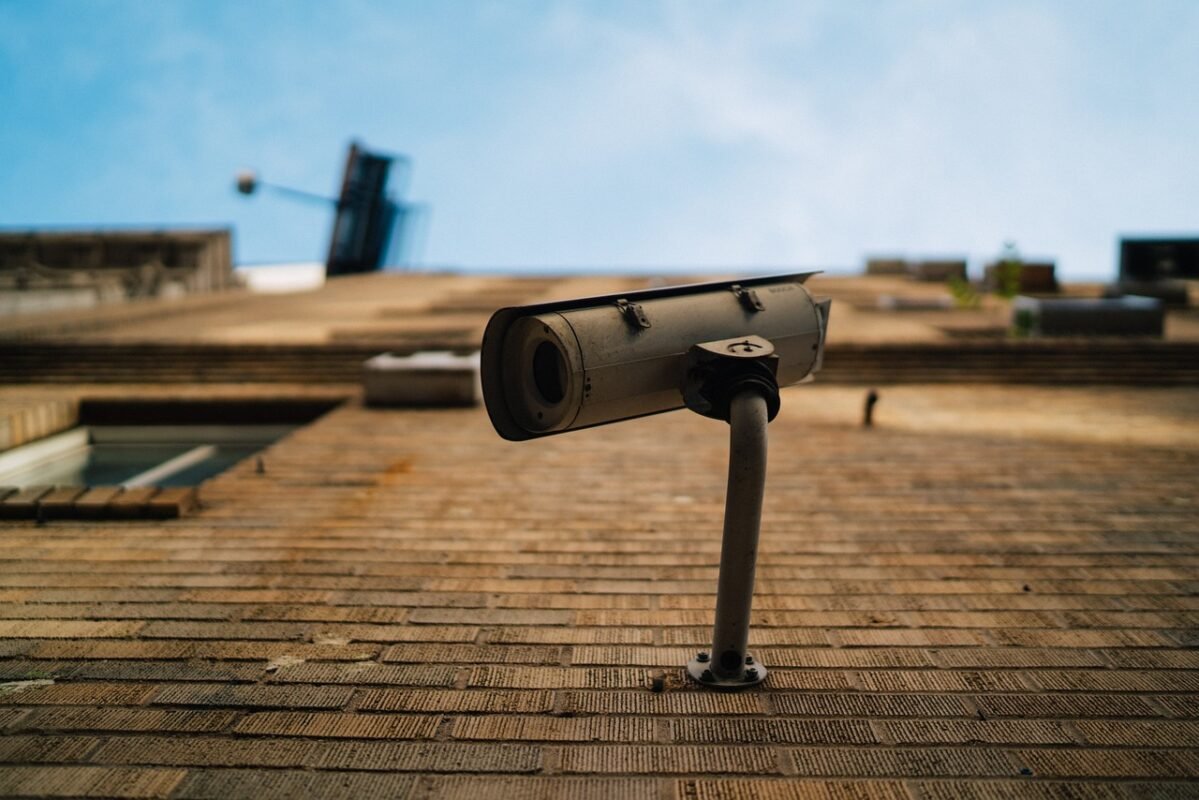Welcome to a quick guide on preventing condensation on your outdoor security cameras. It’s important to keep your cameras clear and functioning properly to ensure your home’s safety. Condensation can quickly build up and obstruct your camera’s view, leading to potential security risks. By following a few simple tips and tricks, you can protect your cameras from condensation and keep your property secure. Let’s dive in and learn how to keep your outdoor security cameras clear and in top working condition. How Do I Prevent Condensation On My Outdoor Security Cameras?
As a homeowner or business owner, keeping your outdoor security cameras in top working condition is essential for the safety and security of your property. One common issue that can arise, especially during temperature fluctuations, is condensation forming on the lenses of your cameras. But don’t worry, we’ve got you covered with some simple tips and tricks to prevent condensation on your outdoor security cameras.

This image is property of images.unsplash.com.
What Causes Condensation on Outdoor Security Cameras?
Condensation occurs when warm, moist air comes into contact with a surface that is colder than the dew point temperature of the air. This temperature difference causes the moisture in the air to condense into water droplets on the surface. In the case of outdoor security cameras, the camera lenses can become colder than the air around them, especially at night or during cooler weather, leading to condensation forming on the lenses.
Why Is Condensation a Problem for Outdoor Security Cameras?
Condensation on the lenses of your outdoor security cameras can obstruct the view of the camera, leading to blurry or distorted footage. This can prevent your cameras from capturing clear images and videos, diminishing their effectiveness in providing surveillance and security for your property. Additionally, prolonged exposure to moisture can damage the internal components of the cameras, affecting their overall performance and lifespan.
Tips for Preventing Condensation on Outdoor Security Cameras
Now that you understand why condensation occurs and the potential problems it can cause for your outdoor security cameras, let’s explore some effective strategies for preventing condensation and keeping your cameras in optimal condition.
1. Choose Cameras with Built-In Heater
One of the most effective ways to prevent condensation on your outdoor security cameras is to invest in cameras that are equipped with a built-in heater. These heaters help regulate the temperature of the camera lenses, preventing them from becoming colder than the surrounding air and reducing the likelihood of condensation forming. When shopping for outdoor security cameras, look for models that come with a heater feature for added protection against condensation.
2. Install Cameras Under Sheltered Areas
Another practical solution for preventing condensation on outdoor security cameras is to install the cameras in sheltered areas that are protected from direct exposure to the elements. Placing the cameras under roof overhangs, eaves, or awnings can help shield them from rain, snow, and other sources of moisture, reducing the chances of condensation forming on the lenses. By strategically positioning your cameras in sheltered locations, you can minimize the risk of condensation and prolong the lifespan of your surveillance equipment.
3. Use Desiccant Packets or Silica Gel
Desiccant packets or silica gel can effectively absorb moisture and help maintain the dryness of the air around your outdoor security cameras. Placing a few desiccant packets or silica gel sachets inside the camera housing can help prevent condensation by reducing the humidity levels inside the enclosure. Make sure to replace the desiccant packets regularly to ensure continued moisture absorption and optimal performance. This simple and affordable solution can go a long way in preserving the clarity and functionality of your outdoor security cameras.
4. Provide Proper Ventilation for Cameras
Proper ventilation is essential for preventing condensation on outdoor security cameras. Ensuring adequate airflow around the cameras can help regulate the temperature and humidity levels, reducing the likelihood of moisture buildup on the lenses. Avoid enclosing the cameras in tight spaces or sealing off ventilation openings, as this can trap moisture and contribute to condensation forming. Instead, allow for sufficient air circulation around the cameras to maintain dry conditions and prevent condensation-related issues.
5. Apply Anti-Fog Coating to Camera Lenses
To provide an additional layer of protection against condensation, consider applying an anti-fog coating to the lenses of your outdoor security cameras. These coatings are designed to repel moisture and prevent fogging, ensuring clear visibility and optimal performance of the cameras in varying weather conditions. Anti-fog coatings are easy to apply and can help maintain the integrity of your camera lenses, allowing for reliable surveillance and monitoring of your property. Invest in a quality anti-fog product to enhance the durability and effectiveness of your outdoor security cameras.
6. Regularly Inspect and Clean Camera Lenses
Regular maintenance and cleaning of your outdoor security cameras are crucial for preventing condensation and ensuring their functionality. Inspect the camera lenses periodically for any signs of moisture or dirt buildup, and clean them using a soft, lint-free cloth to remove any debris or smudges. Keep the lenses free of dust, pollen, and other contaminants that can obstruct the view and contribute to condensation. By maintaining clean and clear camera lenses, you can optimize the performance and longevity of your outdoor security cameras.
7. Monitor Weather Conditions
Monitoring weather conditions can help you anticipate and prepare for any potential temperature changes or moisture levels that could lead to condensation on your outdoor security cameras. Stay informed about the local weather forecast and take proactive measures to safeguard your cameras against adverse weather conditions. During periods of high humidity or rapid temperature fluctuations, be vigilant in implementing preventive strategies to mitigate the risk of condensation forming on the camera lenses. By staying aware of the weather patterns, you can effectively protect your outdoor security cameras from moisture-related issues.

This image is property of images.unsplash.com.
Conclusion
Preventing condensation on your outdoor security cameras is essential for maintaining their performance and ensuring reliable surveillance of your property. By understanding the causes of condensation and implementing effective prevention strategies, you can preserve the clarity and functionality of your cameras, enhancing the security of your home or business. From choosing cameras with built-in heaters to using desiccant packets and anti-fog coatings, there are several practical steps you can take to protect your outdoor security cameras from condensation-related issues. Keep these tips in mind and make sure to regularly inspect, clean, and maintain your cameras to maximize their effectiveness and longevity. With the right care and precautions, you can enjoy clear and crisp footage from your outdoor security cameras year-round.

This image is property of images.unsplash.com.



